Plywood is a composite board made of veneers or blocks of wood glued together. It is widely used in construction, furniture manufacturing, shipbuilding, packaging and other fields. The following is an introduction to the advantages of plywood:
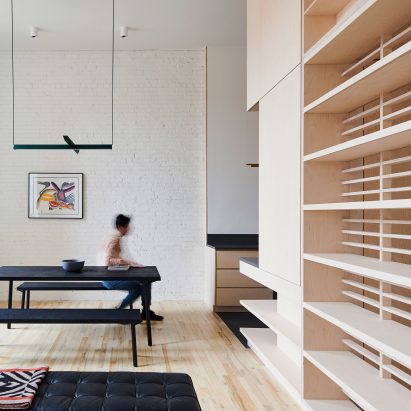
Strength and Stability: Plywood is made of layers of wood cross-stacked, with the glued layers oriented perpendicular to each other. This structure gives the plywood its exceptional strength and stability. In comparison, solid wood may warp, crack or warp easily, while plywood is resistant to these problems, ensuring a strong and stable structure.
Controllability: By adjusting the material combination and number of layers of plywood, it is possible to customize plywood with specific strength and characteristics according to needs. This controllability makes plywood flexible in meeting different engineering requirements and uses.
Lightweight: Due to the use of wood chips or blocks in the construction of plywood, plywood is more lightweight than solid wood panels. This reduces the weight burden and simplifies handling during construction or transport.
Uniformity: Plywood has a uniform density and material structure, reducing the probability of deformation and cracking. Compared with solid wood, plywood has more stable strength and performance.
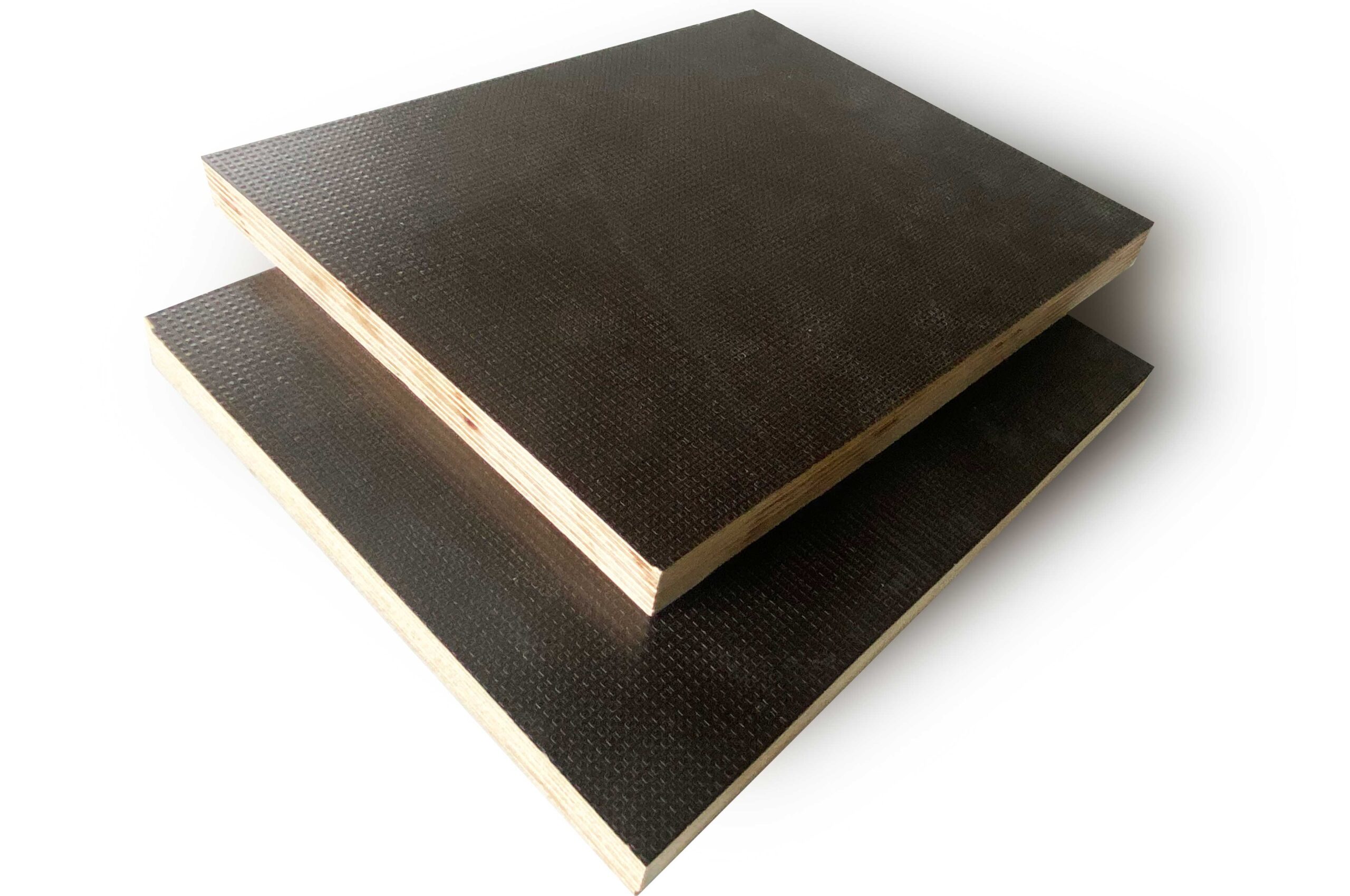
Durability: High-quality glue is used in the production of plywood, which makes it more durable. Plywood is more durable because it resists moisture, insects, and some chemicals.
Dimensional Stability: Due to the use of multi-layered cross-stacked structures, plywood has better dimensional stability than solid wood. When subjected to changes in humidity and temperature, plywood expands and contracts relatively little, reducing the possibility of warping and cracking.
Sustainability: Secondary materials such as peeled boards or small-gauge lumber can be used in the manufacture of plywood, reducing the need for primary forest trees. In addition, plywood can also be recycled and reused, reducing the waste of resources.
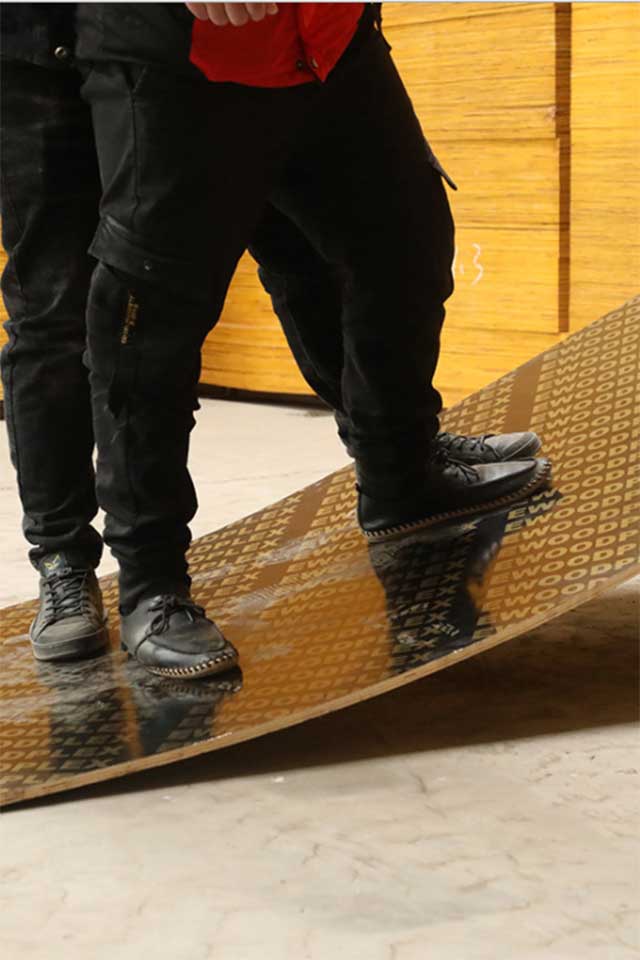
To sum up, plywood has many advantages such as strength, stability, light weight, controllability and durability. This makes plywood an important material of choice in construction, furniture manufacturing and other industries.
Its many advantages make plywood an important material in industries such as construction, furniture manufacturing, packaging and shipping. The following are several common applications of plywood:
Construction industry: Plywood has a wide range of applications in the construction industry. It can be used as a building structural material such as roofs, floors, wall panels and partitions. The strength and stability of plywood make it ideal for supporting structures. In addition, plywood can also be used in the construction of formwork and temporary construction of construction sites.
Furniture Manufacturing: Plywood plays an important role in furniture manufacturing. It can be used to make the internal support structure of furniture, drawers, bed boards and cabinets, etc. The uniformity and stability of plywood ensure the structural strength of the furniture, and it is easy to process and customize to meet different styles and needs.
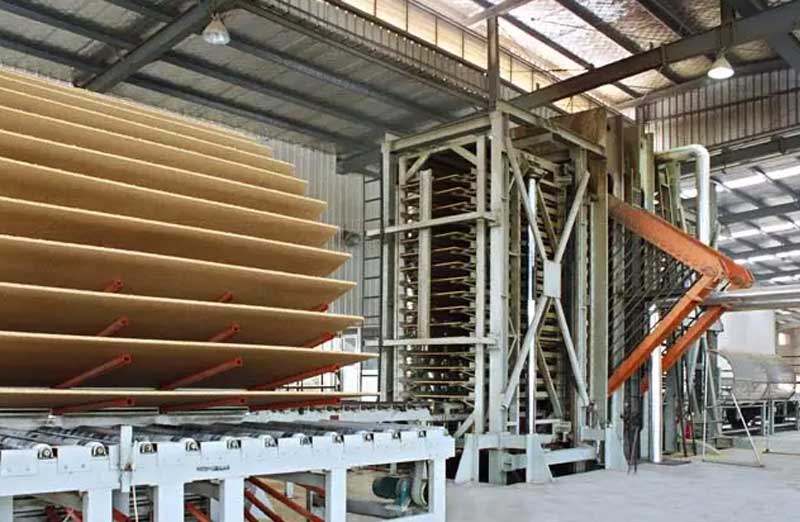
Packaging industry: Plywood is widely used in the manufacture of various packaging boxes and pallets. Plywood has good load-bearing capacity and durability, which can protect goods from damage and provide stable support during logistics transportation.
Shipbuilding: Due to its water resistance and stable dimensional characteristics, plywood is widely used in the field of shipbuilding. Plywood can be used in parts such as hull structure, bulkheads, ceilings, decks and interior decoration. Its light weight and flexibility make the ship more agile and stable.
Renovation and interior design: Plywood can be used for interior decoration such as wall panels, ceilings, floors and furniture trim. The appearance and texture of plywood can be painted, veneered or given other surface treatments according to design requirements to achieve a personalized decorative effect.
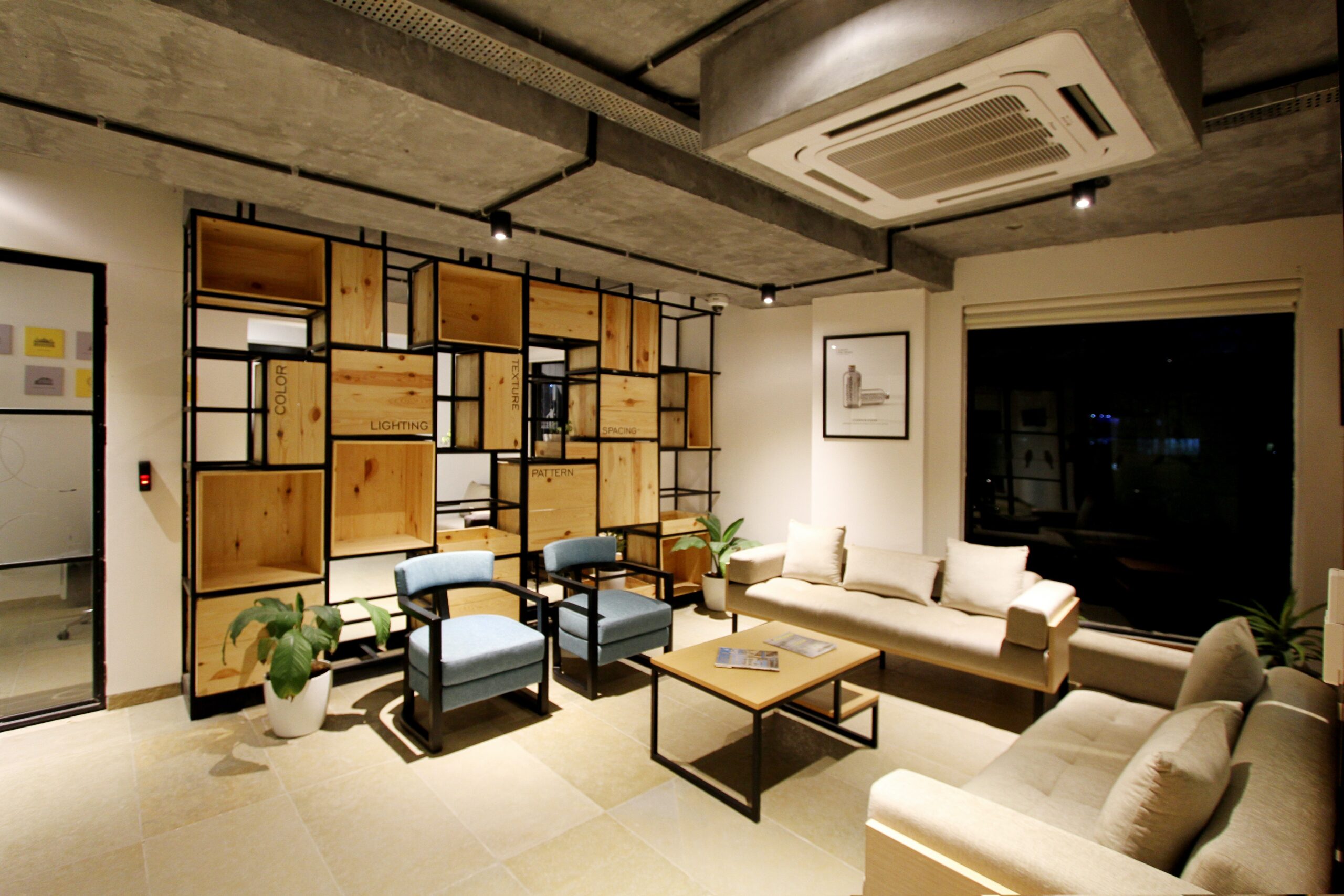
In conclusion, plywood has been widely used in the fields of construction, furniture manufacturing, packaging and ships due to its strength, stability, workability and environmental protection. Its multifunctional properties and adaptability make plywood an important material choice in the industry, meeting the needs of different fields.

